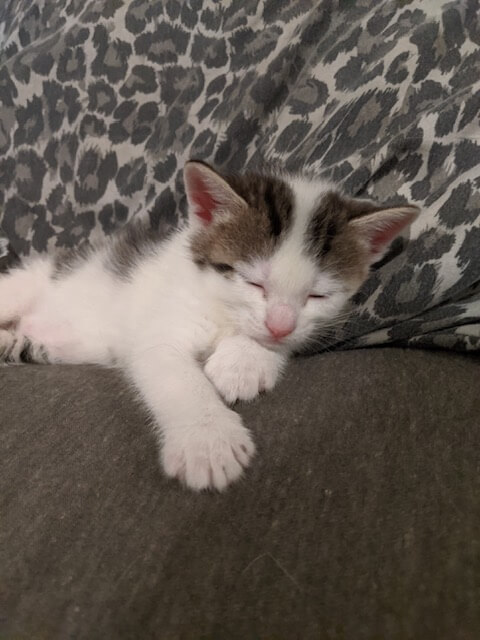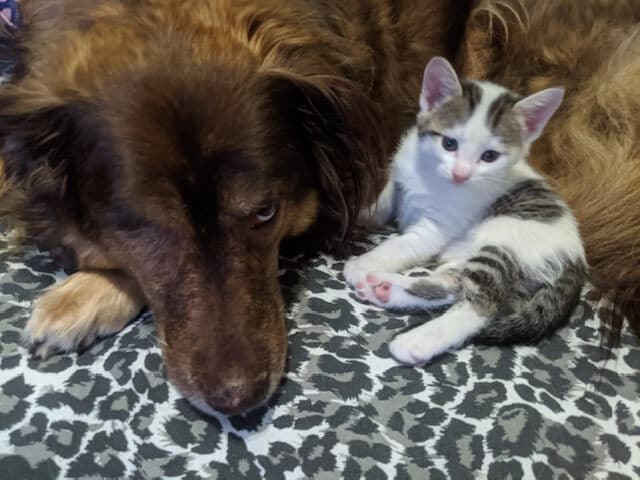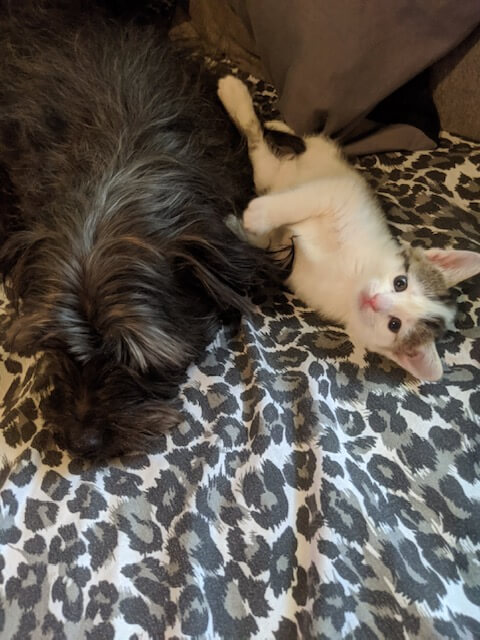It’s kitten season at PAWS and for all new adopters, we recommend safely socializing your new furry family member. With kittens as with puppies, socialization is an important step in helping them become a more confident adult. But what is socialization and how do you do it?
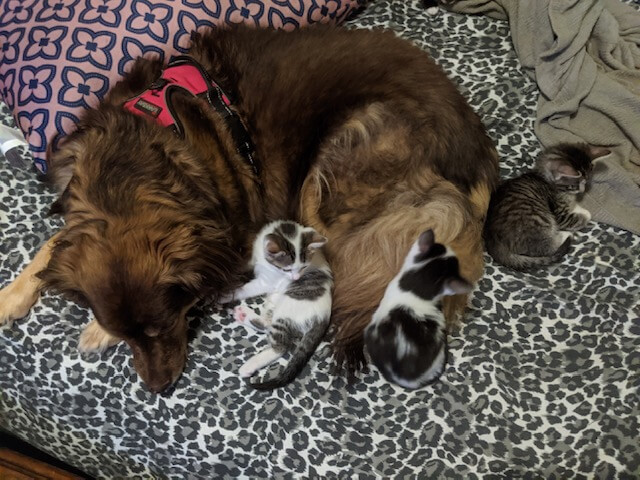
“Socialization is getting puppies and kittens used to people, other animals, and experiences that they will encounter frequently in their adult lives.” It helps them learn to accept everything around them, such as people, car rides, grooming, vacuum cleaners, noises, other animals, and other household pets.
With your new puppy or kitten, you want to gently expose them to new things that they will deal with regularly as adults so that they can react confidently and appropriately rather than fearfully or with anxiety. Please remember that some factors such as breed, health, and personality also play a role in the way a pet behaves with others, even if properly socialized. Some dogs and cats are not as outgoing or social as others and do not enjoy spending time with big groups of people or animals. Socialization will help teach them how to handle themselves and communicate appropriately within their environments.
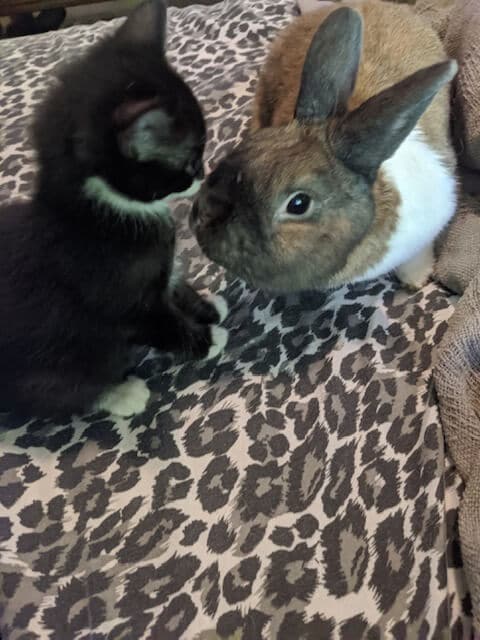
At PAWS we work to socialize our kittens and puppies safely by putting them in situations that they may experience as an adult, such as car rides, being in a carrier, toys, grooming procedures, meeting other animals, meeting new people, and trips to the veterinarian. This is all done with the work of our fantastic staff and volunteers and with the help of fosters for the youngest little ones. Every day someone will gently touch, hold, and physically interact with our young animals. This is especially important at an early age because it helps them become comfortable with humans and being handled, and it also helps to speed up and enhance their physical and mental development.
“Some veterinary behaviorists suggest that during the socialization period a puppy or kitten should meet 5 to 10 new people each week and that they should experience being in a new place at least once a week.” We realize this is not possible for all new kittens and puppies, but you can still work to expose them to new and safe sights, sounds, tastes, and smells. Keep things on the positive and non-threatening side with the use of treats, toys, and plenty of affection.
Curious about how else to socialize and when? Information for this post and more about socialization can be found at https://veterinarypartner.vin.com/



